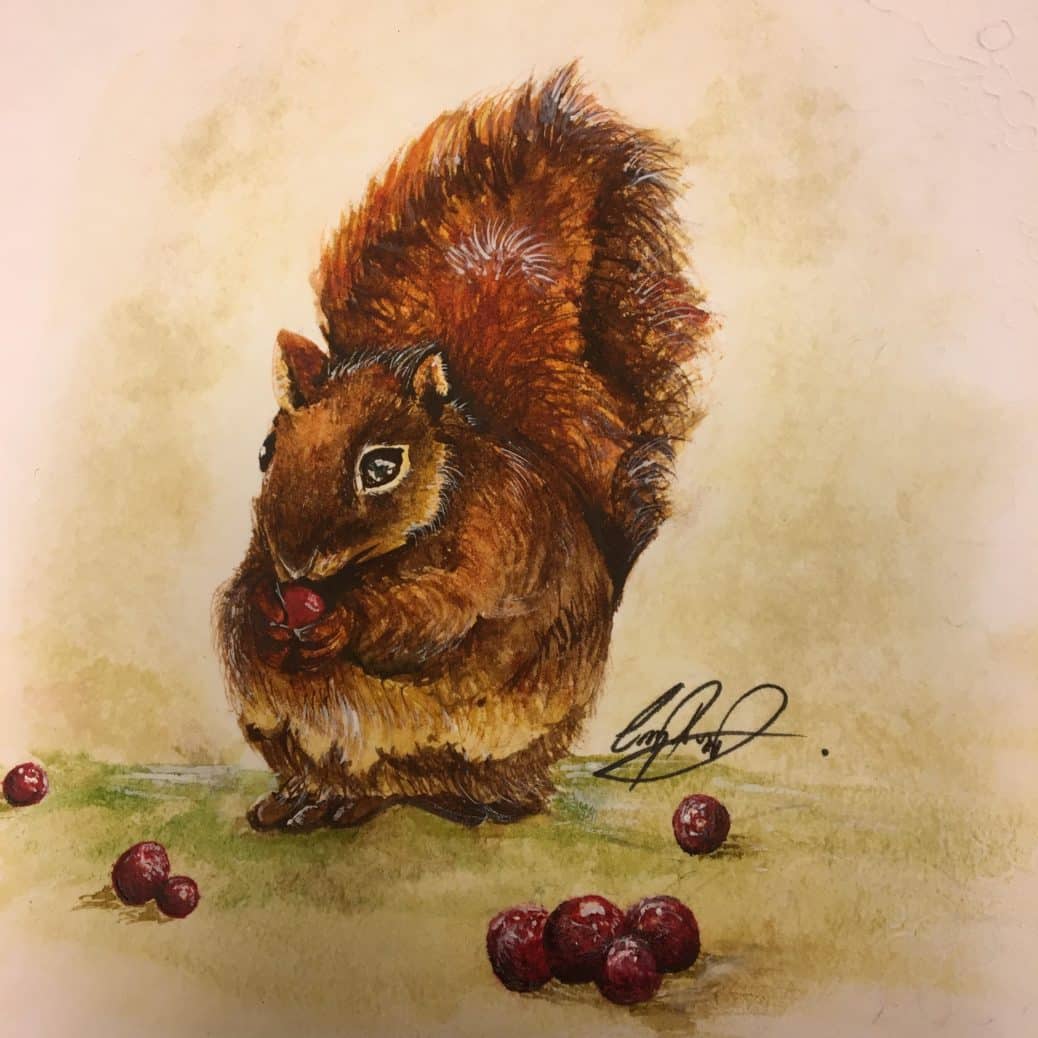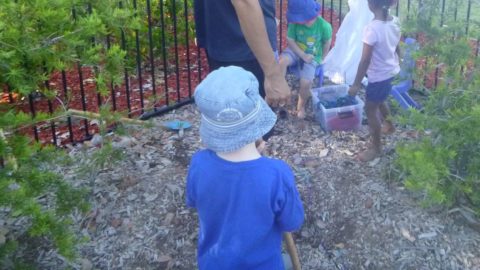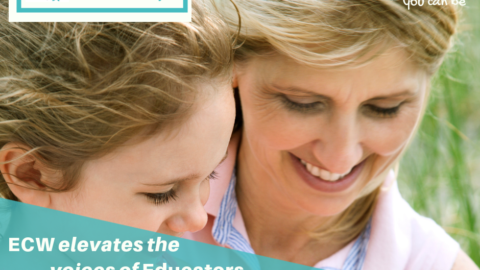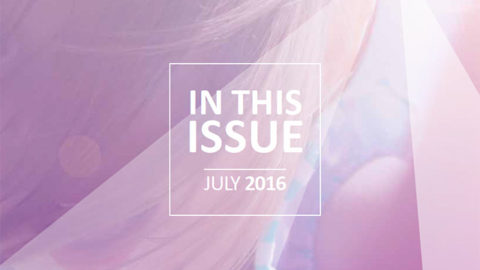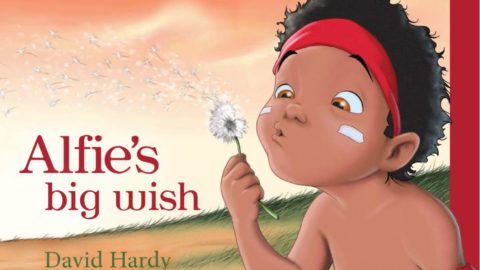Valuing Each Other by Valuing Sharing
Written by Loretta Davis
ECW NSW collective member
Publications Assistant and Educator at Handprints.
We’ve just wrapped up an amazing first ECW conference. Our first conference titled “Valuing Educators- We ARE Professionals” aimed to connect, inform and elevate. It was eye-opening, being a part of running, organising and contributing to a conference. So much work! We had some amazing speakers, a tonne of complex and robust discussion, and lots of sharing.
At the end of the conference, my head was buzzing. Which is something that seems to happen to a lot of us – brain overload! It can take days, weeks, months to filter through everything we heard and said, and learnt. The first thing that hit me as I reflected and contemplated, was the importance of sharing. Let’s face it – without sharing, what would we have all talked about?!
I want to talk about this a little bit, this protection of ideas. I think it hinders us. It sort of feels like Secret Squirrel Business (henceforth to be known as SSB!). If we think of each service as being a section of a forest, and the educators (bosses, managers, owners, operators, cooks, admin staff… etc) as squirrels… our ideas are the metaphorical nuts that often get hoarded away. Who benefits when the squirrels hoard all the nuts? Those individual squirrels.
If we band together and formulate the courage to not be scared of sharing our work and our ideas, the whole forest will benefit.
SSB stops us from empowering each other, from valuing each other, from teaching each other. The ECW conference helped me understand that people who share their stories, their practices and their reflections are courageous. Not only that, but they help the forest to thrive, because it gives us all the chance to try what has worked for them. SSB happens when people are fearful, protective and try to ensure they are the only ones to experience empowerment (or the benefits of success).
Of course, we all want credit for our ideas. This is not just a nice feeling, but it’s ethical to attribute the original source of something with the appropriate recognition. This is something that was discussed at the conference. The importance of recognising the source. That doesn’t make our attempts or our application of these ideas any less important, it just recognises that the idea came from somewhere or someone.
Is this what is stopping people from sharing more often? The possibility that their credit or acknowledgement will be minimised? That is a big risk, isn’t it? To come out and tell people about your ideas, your work, your expertise, only for someone else to implement it and become the person/company “known for” it.
Sometimes I feel as educators and as teachers, we feel that we can only educate or teach children.
When we forget that we can teach each other we also forget that we can listen to each other.
And this is where the areas in the forest segregate, the fences go up and the SSB thrives.
When we work together we can break these barriers down. Through teaching, sharing and listening with one another. When we come together as a collective through pathways such as ECW, and share our knowledge freely to support and grow our profession, there is a shared understanding. This leads to a feeling of being valued and for all ranges of people to feel professional recognition as individuals, whilst being a part of the collective.
So, I challenge you.
I challenge you to go out into your worlds and teach a colleague something, and to listen to a colleague about something. Be the expert, even for five minutes. Empower people with information, ideas, visions and dreams. Be the student, even for five minutes. Value what you are hearing, value what you are being taught. And think about the power in the idea of sharing, educator to educator, service to service. These small courageous acts, can change our quality of care for our children, our families and each other.
These small courageous acts, can change our quality of care for our children, our families and each other.
Artwork by Cassandra Penfold, educator at Handprints.

